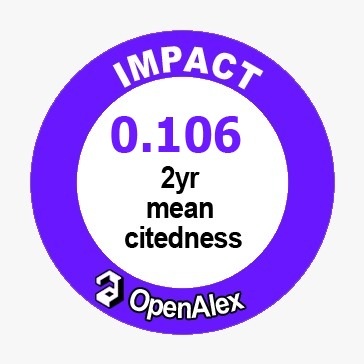Politics of Environmental Protection: Investigating Socioeconomic Problems South Sudan has Experienced Arising from Ownership of Trans-boundary Natural Resources
DOI:
https://doi.org/10.55220/2576683x.v9.411Keywords:
Environment, Intervention, Natural, Resources, Ownership, Politics, Problems, Protection, Socio-Economic, Trans-Boundary.Abstract
The availability of trans-boundary natural resources has been a curse to South Sudanese. In South Sudan, these trans-boundary natural resources include air, water, wildlife, livestock, fisheries, pests, forest, lands, petroleum, and minerals among others. During their exploitations, they have led to socio-economic problems such as flooding, environmental pollution, diseases, conflicts, poverty and politicization of environmental legal regimes. Intervention from Government of South Sudan to resolve these socio-economic problems has been through high level meetings with countries sharing trans-boundary natural resources such as Uganda, Ethiopia, Sudan, Tanzania, Rwanda, DR Congo, Kenya, Central Africa Republic (CAR) and Eritrea. Other interventions include technical engagements, signed Memorandum of Understanding (MOUs) on cooperation agreements, signed protocols, signed treaties and depoliticization of environmental legal regimes. The study used multi case studies and comparative method in understanding trans-boundary natural resources. The study’s finding reveals that trans-boundary natural resources are enormous in South Sudan and must be nurtured for the benefits of South Sudanese. Environmental protection must be prioritized to ensure that environmental degradation is avoided. There is an urgent need to enact Environment Act that should establish National Environmental Management Authority (NEMA) that should implement the Act in later and spirit. The study concludes that while trans-boundary natural resources need to be exploited, attention should be particularly paid to the environment to prevent degradation as well as conflicts arising from competition over these trans-boundary resources. Further research is hereby recommended to trans-boundary natural resources’ scholars to investigate the positive impacts of the trans-boundary resources on the people of South Sudan.







